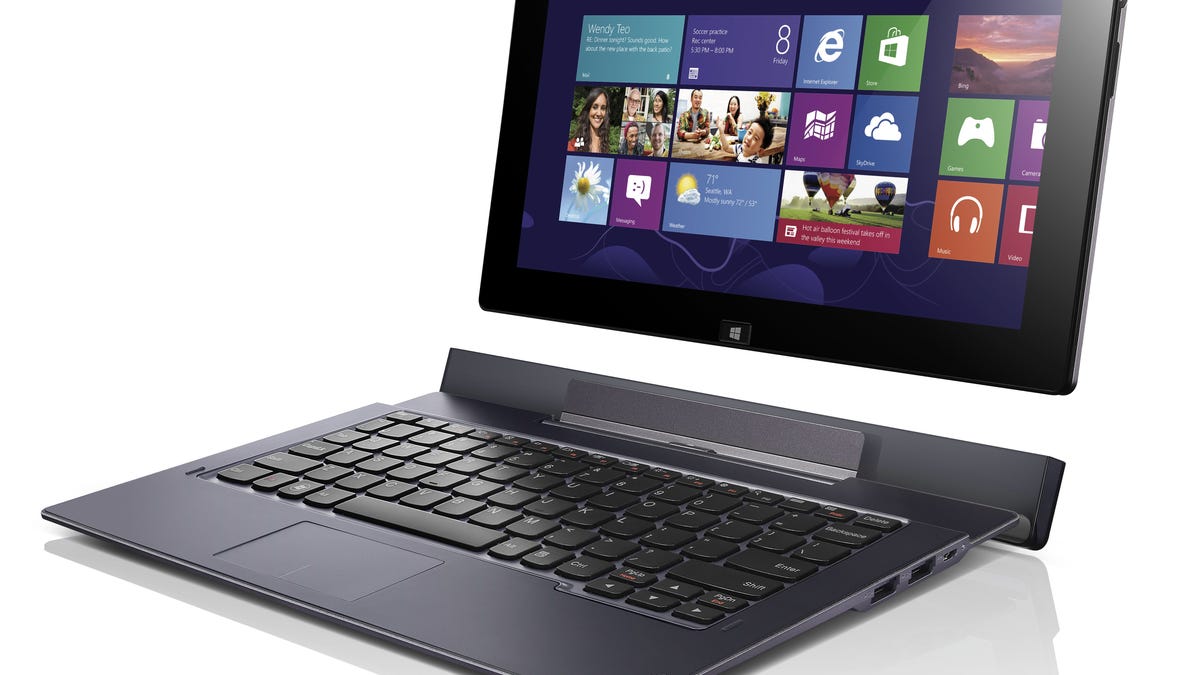Intel's cautious outlook suggests the PC market still stinks
The chipmaker reported third-quarter revenue that exceeded its reduced estimate, but the current period still looks pretty terrible from its perspective.

Looks like the suckage in the PC market is likely to continue, Windows 8 notwithstanding. Chip giant Intel today offered a fairly grim outlook for the current quarter, saying PC buyers remain cautious about new purchases thanks to the lousy economy and -- although Intel didn't say this in so many words -- the ongoing flight of consumers from PCs to tablets and smartphones.
Chief Financial Officer Stacy Smith put it this way:
[The] slight increase in revenue in the fourth quarter reflects the caution we are seeing in the order patterns of our customers as a result of concerns about the global economic environment, ongoing consumer softness in mature markets, and a slowing enterprise market segment.
Intel, which makes the processors powering most of the world's PCs and servers, projected fourth-quarter revenue of $13.6 billion, plus or minus $500 million. The midpoint is up about 1 percent sequentially but still below analysts' expectations for $13.7 billion, according to Thomson Reuters.
On the other hand, the midpoint of that range also amounts to a 2 percent revenue decline over the earlier-year quarter. And Intel is forecasting that decline in a quarter supposedly notable for excitement over Microsoft's new Windows 8 operating system, related new PCs (and PC-tablet "convertibles") and new thin-and-light ultrabooks.
Drumbeats of doom don't come much clearer than that, even if Intel officials are still putting the best face they can on the situation. Take Intel CEO Paul Otellini, who said in the Intel statement: "As we look to the fourth quarter, we're pleased with the continued progress in ultrabooks and phones and excited about the range of Intel-based tablets coming to market."
However, he did show a little more caution during the company's conference call with analysts. Otellini said the PC business grew at about half the normal seasonal rate in the third quarter, and the industry should continue at the same lackluster pace in the fourth quarter.
"Our revenue forecast growth is below these levels, as our customers are taking a cautious inventory approach in the face of market uncertainty and the timing of the Windows 8 launch," he said.
Otellini added that it's still too soon to tell much tablets and smartphones are hurting traditional PC sales.
"How much of that [PC market] halving is macroeconomic... is TBD," he said. "We'll know a lot more about that 90 days from now, after the Windows 8 launch."
Intel also lowered its expectations for capital spending on new equipment this year. It expects capex to total $11.3 billion, plus or minus $300 million this year. In September, the company said its spending would fall short of its previous forecast of $12.1 billion to $12.9 billion.
Intel's corePC market has been dismal for several quarters, hurt by the broader economy and by consumer purchases of mobile devices rather than computers. The company also recently started seeing a slowdown in its operations selling to business users, an area that previously has buoyed its results. Intel cut its third-quarter guidance last month because of the weaker environment.
The company today reported third-quarter results slightly better than it had anticipated in August. Its revenue totaled $13.5 billion, down 5.5 percent from the same quarter a year earlier. In September, it had lowered its view by about $1 billion to $13.2 billion, plus or minus $300 million. Net income, meanwhile, slid to $2.97 billion, or 58 cents a share, from $3.47 billion, or 65 cents a share, a year ago.
Sales in Intel's key PC business were down 8 percent from the previous year, while revenue in its data-center group rose 6 percent year-over year.
Updated at 3 p.m. PT with comments from conference call.

